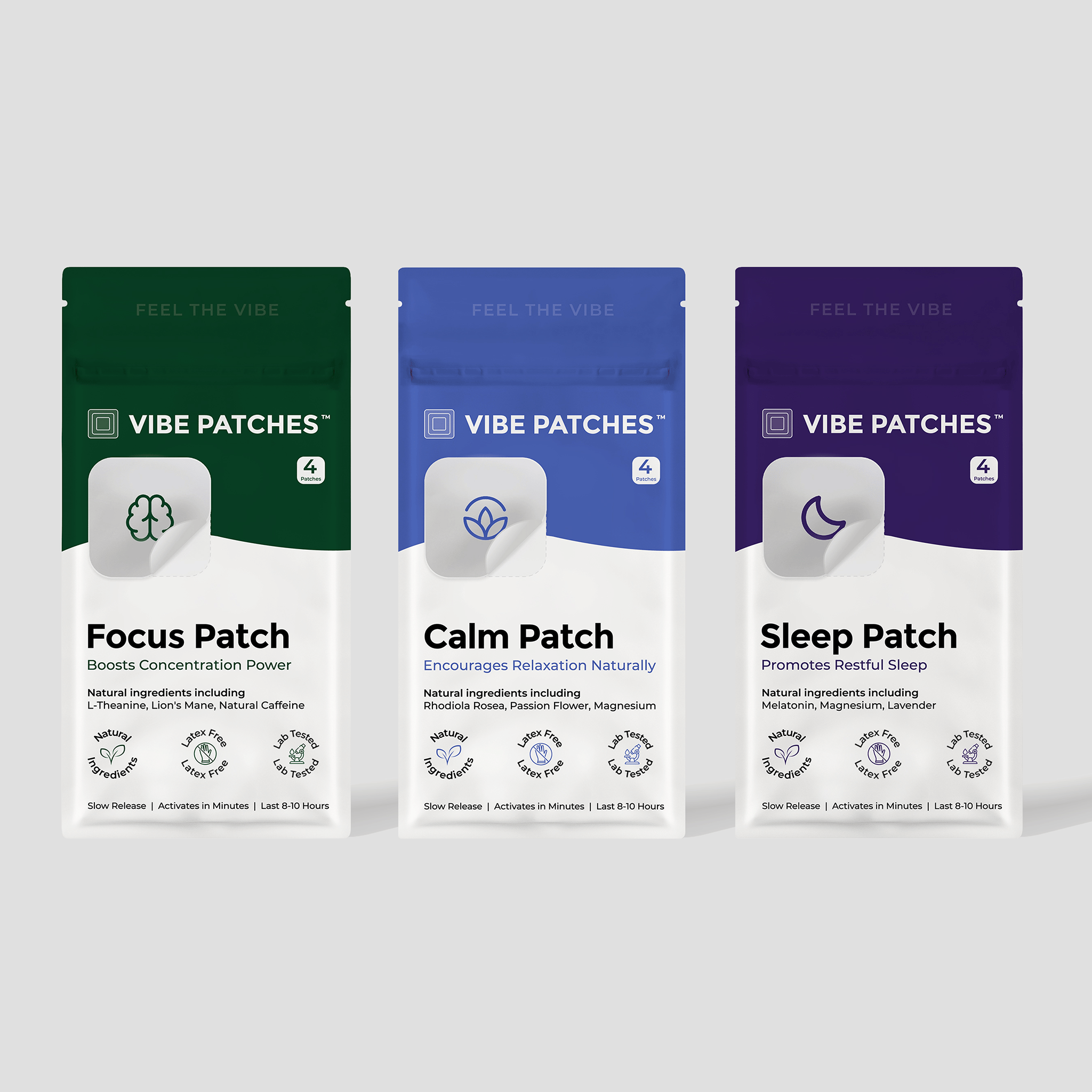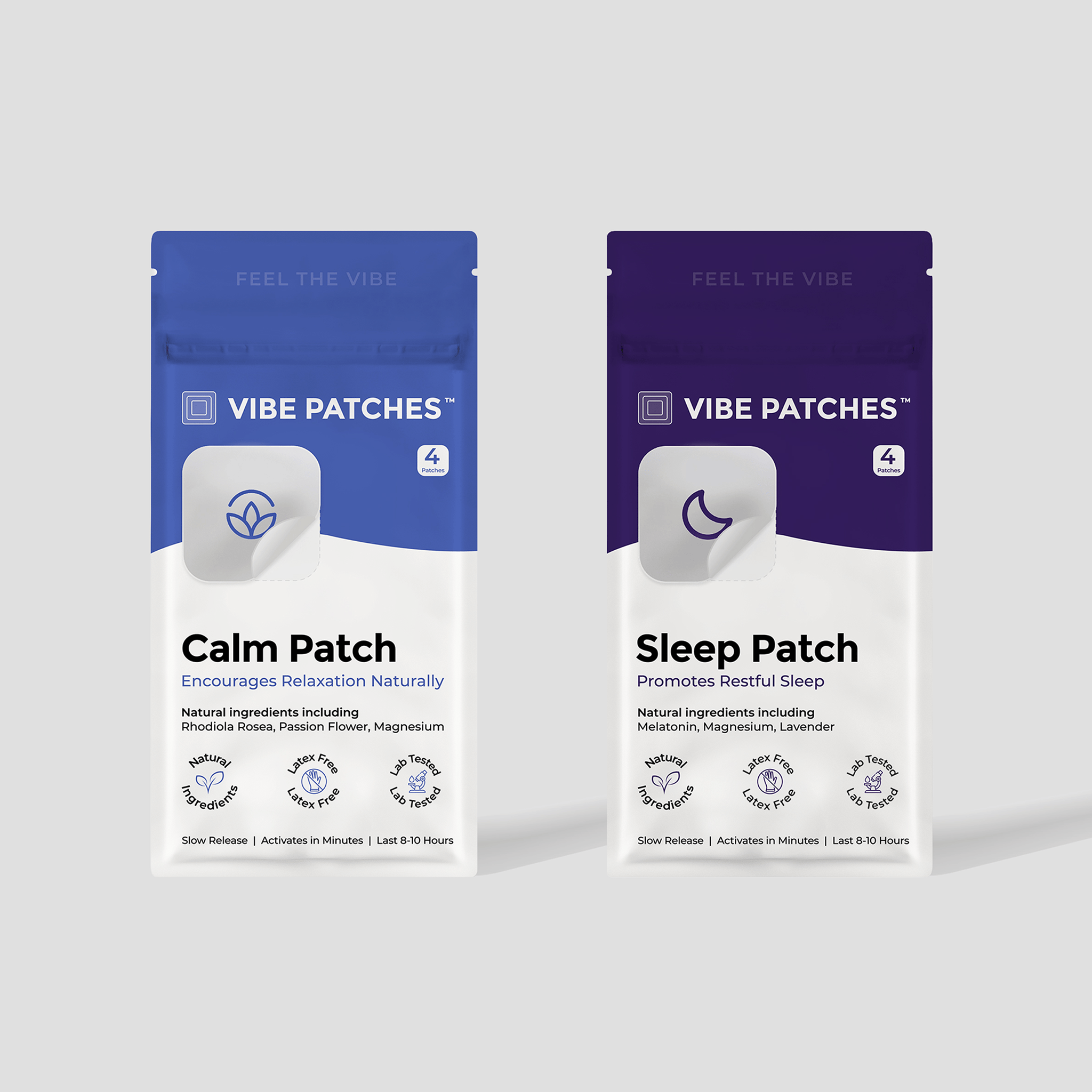The human body is full of mysteries, and one of the most curious is the ability to sleep with your eyes open. While it may seem unusual or even unsettling, this phenomenon is more common than you might think. Whether you’ve experienced it yourself or are simply intrigued by the science behind sleep behaviors, this article will guide you through the causes, risks, and solutions for sleeping with your eyes open, empowering you with knowledge to improve both your sleep quality and eye health.
Why Do We Sleep With Our Eyes Closed?
We sleep with our eyes closed because it protects our eyes from dryness, light, and potential irritants in the environment, creating the ideal conditions for restorative rest. Closing our eyelids helps maintain moisture on the eye’s surface, shields the delicate tissues from dust and debris, and blocks out light that could disrupt our natural sleep cycles. This simple act also signals to our brain that it’s time to wind down, supporting the release of melatonin and other sleep-promoting hormones. Altogether, sleeping with our eyes closed is a natural, protective mechanism that ensures both our eyes and our bodies can fully recharge overnight.
Can You Sleep With Your Eyes Open?
Yes, it is possible to sleep with your eyes open—a condition known as nocturnal lagophthalmos. While most people naturally close their eyelids during sleep, some individuals are unable to fully shut their eyes due to anatomical differences, nerve issues, or certain medical conditions. This can result in the eyes remaining partially or fully open throughout the night. Although it may sound unusual, sleeping with your eyes open is more common than many realize and can lead to symptoms like dryness, irritation, and even blurred vision if left unaddressed. If you suspect you’re experiencing this, it’s important to consult a healthcare professional to protect your eye health and improve your sleep quality.
Sleeping With Your Eyes Open: Facts vs Myths
Facts
- Sleeping with your eyes open is medically known as nocturnal lagophthalmos.
- It can be caused by facial nerve problems, eyelid abnormalities, or certain medical conditions.
- People who sleep with their eyes open often experience symptoms like dryness, irritation, or redness.
- This condition can affect people of any age, including children and adults.
- Treatment options are available, ranging from simple lifestyle changes to medical interventions.
Myths
- Sleeping with your eyes open means you’re not truly asleep.
- Only people with serious health problems sleep with their eyes open.
- It’s dangerous or life-threatening to sleep with your eyes open.
- You can easily tell if someone is sleeping with their eyes open just by looking.
- There’s nothing you can do to prevent or treat sleeping with your eyes open.
How Does Your Body Enter Sleep Mode If Your Eyes Are Open?
Even if your eyes remain partially open during sleep, your body can still enter sleep mode thanks to complex brain processes that regulate the sleep-wake cycle. The brain relies on internal signals—such as the release of melatonin and the natural circadian rhythm—to initiate and maintain sleep, regardless of whether the eyelids are fully closed. While closed eyes help block out light and distractions, the brain can still transition into different sleep stages, including deep and REM sleep, even with some visual input. However, sleeping with your eyes open may make it harder to achieve truly restful sleep, as light and environmental stimuli can interfere with the quality and depth of your rest.
Can This Habit Damage Your Eyes Over Time?
Yes, regularly sleeping with your eyes open can damage your eyes over time. When the eyelids don’t fully close, the surface of the eyes is exposed to air, which can lead to dryness, irritation, and increased risk of infection. Without the protective barrier of closed lids, your eyes are also more vulnerable to dust, debris, and even minor injuries during sleep. Over time, chronic dryness and exposure can cause inflammation, blurred vision, or even damage to the cornea if left untreated. That’s why it’s important to address this habit with proper eye care or medical advice to protect your long-term eye health.
Is It True That People Sleepwalk or Dream Differently When Their Eyes Stay Open?
There is no scientific evidence that people sleepwalk or dream differently simply because their eyes remain open during sleep. Sleepwalking and dreaming are complex processes governed by the brain’s sleep cycles, particularly during deep sleep and REM stages, and are not directly influenced by whether the eyelids are open or closed. While open eyes during sleep may allow some visual stimuli to reach the brain, it does not significantly alter the nature of dreams or the likelihood of sleepwalking. However, people who sleep with their eyes open may be more easily disturbed by light or movement in their environment, which could interrupt sleep or trigger brief awakenings, but the fundamental experience of dreaming and sleepwalking remains unchanged.
How Can You Tell If You Sleep With Your Eyes Open?
|
Sign or Symptom |
Description |
|
Dry, Irritated Eyes |
Waking up with dryness, redness, or a gritty feeling in your eyes. |
|
Eye Discomfort or Pain |
Experiencing soreness or discomfort around the eyes after sleep. |
|
Blurred Vision in the Morning |
Noticing temporary blurred vision upon waking that improves after blinking. |
|
Reports from Others |
Family members or partners notice your eyes are partially open while you sleep. |
|
Frequent Eye Infections |
Increased risk of eye infections or inflammation due to prolonged exposure during sleep. |
What Can You Do To Improve Sleep Quality If You Sleep With Your Eyes Open?
The Vibe Patches Sleep Patch is designed to naturally support deeper, more restful sleep using a blend of plant-based ingredients like valerian root, melatonin, and magnesium. This easy-to-use patch is applied to the skin before bedtime, allowing its calming ingredients to be absorbed gradually throughout the night. Ideal for those who struggle with restless sleep or want to enhance their nightly routine, the Vibe Patches Sleep Patch offers a gentle, non-habit-forming way to promote relaxation and help you wake up feeling refreshed.
Can I Use a Sleep Patch Every Night Before Bed?
Yes, you can use a sleep patch every night before bed, especially if it’s formulated with gentle, non-habit-forming ingredients like those found in the Vibe Patches Sleep Patch. These patches are designed for nightly use to help support your body’s natural sleep cycle, making it easier to relax and fall asleep. However, as with any wellness product, it’s important to follow the manufacturer’s instructions and consult with a healthcare professional if you have any underlying health conditions or are taking other medications. Regular use can be a helpful part of a healthy bedtime routine, promoting consistent, restorative sleep without the risk of dependency.
Common Mistakes To Avoid If Sleeping With Eyes Open
- Ignoring Symptoms: Overlooking signs like dryness, irritation, or blurred vision can lead to more serious eye problems if left unaddressed.
- Skipping Eye Check-Ups: Missing regular visits to an eye care professional means losing the chance to catch and treat underlying issues early.
- Relying Only on Eye Drops: Using over-the-counter eye drops without consulting a healthcare provider may mask symptoms instead of addressing the root cause.
- Poor Sleep Environment: Sleeping in spaces with excessive light, without a sleep patch or dust can worsen eye discomfort and increase the risk of irritation or infection.
- Neglecting Protective Measures: Failing to use eye masks, moisture goggles, or prescribed ointments leaves your eyes vulnerable and less hydrated during sleep.
Conclusion
Sleeping with your eyes open may seem unusual, but it’s a real phenomenon that can affect your comfort, eye health, and overall sleep quality. While it’s often manageable with the right care and awareness, ignoring symptoms or skipping proper treatment can lead to long-term complications. By understanding the causes, recognizing the signs, and taking proactive steps—such as consulting a healthcare professional, optimizing your sleep environment, and considering supportive products like sleep patches—you can protect your eyes and enjoy more restful, restorative sleep. Prioritizing both your sleep and eye health is key to waking up refreshed and ready for each new day.
Final Thoughts
Are restless nights or daytime sluggishness holding you back from feeling your best? Vibe Patches has created a range of targeted wellness patches to help you overcome common challenges, from brain fog to trouble sleeping. Enhance your concentration with the Focus Patch, recover quickly after a night out with the Hangover Patch, or find your calm with the Calm Patch. For a steady energy boost, try the Energy Patch, and if you’re seeking better sleep, the Sleep Patch is designed to help you unwind. Explore the full Vibe Patches collection and discover how simple, effective self-care can transform your daily routine.
Sources












